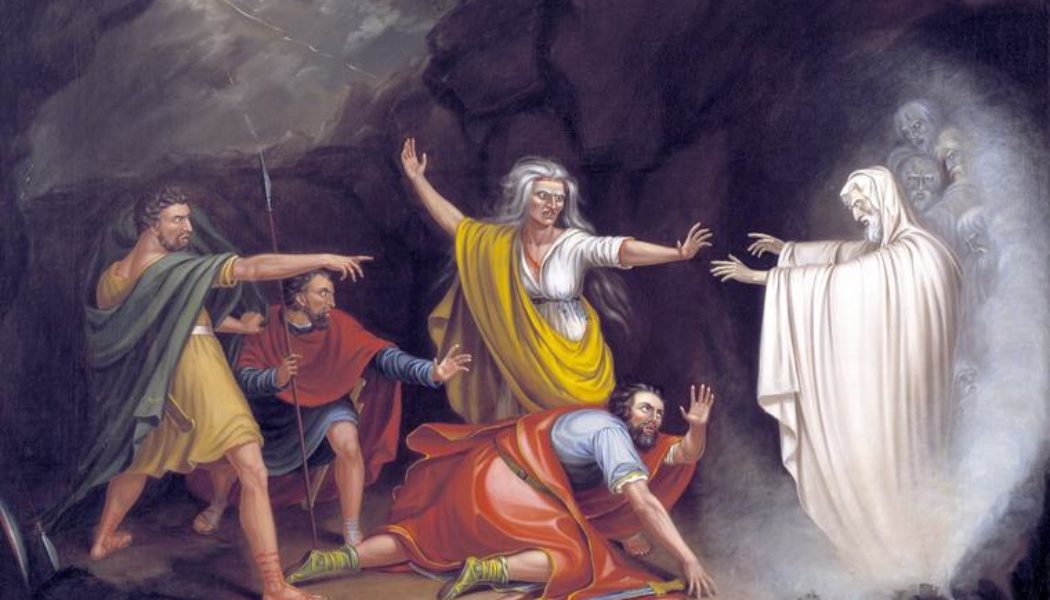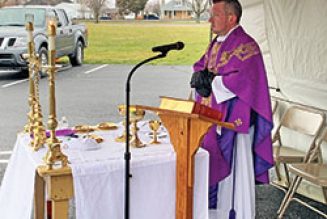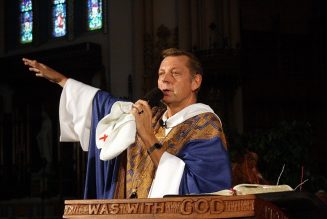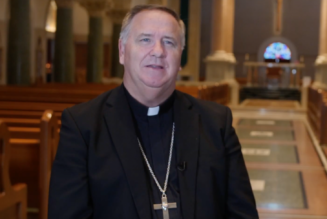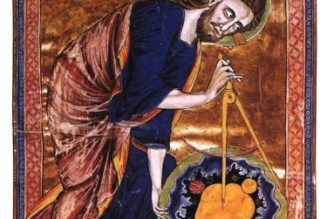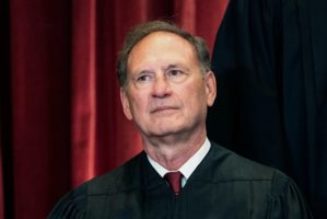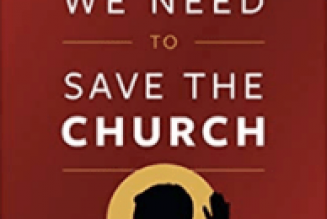
He seems very smart, but not always someone who thinks very well.
“Atheism does not require an argument,” the man declared in a Facebook post I saw. “My method is to believe only in things for which there is adequate evidence. There is no evidence for God.”
There being no evidence, he doesn’t need to make a case for his atheism. Simple as that.
He was responding to a quote from C.S. Lewis he’d picked up somewhere. It comes from Lewis’ BBC talks published as The Case for Christianity, but didn’t make it into the revised version of the talks we know as Mere Christianity.
Lewis argues that if there is “no intelligence behind the universe, no creative mind,” our thoughts — or what we naively think our thoughts — will be purely accidental, of no value in knowing what’s there or not there. Just physical or chemical reactions, not guides to truth.
“If I can’t trust my own thinking,” he concludes, “of course I can’t trust the arguments leading to Atheism, and therefore have no reason to be an Atheist, or anything else. Unless I believe in God, I cannot believe in thought: so I can never use thought to disbelieve in God.”
I think this is a more problematic argument than it seems, but it does point to the atheist’s problem. He asserts that there is no evidence for God, but what evidence is there that the atheist sees the evidence?
At the most, he can say, “I see no evidence for God.” A much wiser man, the French writer Albert Camus, told some Dominicans he was speaking to that he was “not feeling I possess any absolute truth or any message. I shall never start from the supposition that Christian truth is illusory, but merely from the fact that I could not accept it.”
No God, No Ghosts
So far so typical. But he went farther. After rejecting belief in God, he lists other beliefs for which we have no evidence, including the Easter Bunny. I think he thought it funny to make belief in God as foolish as belief in an American childhood amusement. It’s not terribly bright, because the grounds for believing in each are so different, and one so much more sophisticated than the other, they can’t be so simply equated.
This is what interested me: He included poltergeists in that list. I assume he means ghosts in general, not the specific kind of ghost that makes noises and moves things.
I don’t have any investment in this matter. I don’t share the interest many people have in such things and wouldn’t be upset if someone proved ghosts don’t exist. I could still enjoy ghost stories the way I enjoy stories about hobbits and talking beavers. My belief in the supernatural doesn’t require belief in ghosts.
The inclusion of poltergeists reveals how the so-certain atheist understands evidence. There’s a good bit of evidence that they do exist. People have claimed to have seen them for thousands of years. People today claim to have seen them, and some people you wouldn’t expect to believe in ghosts do.
One of the most rigidly rational people I ever knew, for example. He lived in a very old cottage and one night woke up to see the upper half of a woman, in some sort of dress, float across the room. He knew he’d been completely awake and had seen what he had seen, but convinced himself he’d been dreaming.
He mentioned the dream to someone who identified the kind of spirit it was, which she said was a malevolent one. She’d had experience of them. My friend decided he believed in ghosts.
The evidence may be good or bad or inconclusive, but it’s evidence, and evidence by any normal definition. The atheist has made a dogmatic, not a “reality-based,” judgment.
A Prudential Belief
It seems wise to believe in ghosts, at least provisionally. If you believe in God even in the vague way people nowadays call “spiritual” — as in “spiritual, not religious” — you believe in a spiritual world. And if you believe in a spiritual world, you must believe it may contain spirits.
And some of those spirits may be as selfish, angry petty, avaricious, cruel and malign as living human beings we see. In other words, what we call ghosts.
If you don’t believe in God, I would think that prudence and self-interest would keep you open (at least as a mental reservation) to the possibility of a world you can’t see but that in some way sees you. And may like you, or may dislike you or just want to do human beings harm for the fun of it.
And given what people have said about ghosts, all the testimony about the damage some spirits can do, you might keep a prudential distance from such things. Like someone who knew the germ theory of disease when mainstream medicine still rejected it, but realized smart serious people believed it and decided to avoid things that might carry germs, just in case.
You might hold open belief in ghosts the way so many today hold open belief in extraterrestrials. There seems to be some evidence for them, even if their being here seems improbable or impossible, given what we know of space travel. (I also don’t care about this, though I think meeting visiting aliens might be fun, or it might be terrifying, but our own history of colonialism suggests the latter.)
If you believe in creatures from another world, or the possibility of such creatures, you can’t automatically reject the possibility of creatures from the other world. After all, we do know how the latter can get here.
Chesterton on the Evidence
G.K. Chesterton dealt with this question of evidence for ghosts, first in Orthodoxy. It’s a question of who we listen to and when.
“The open, obvious, democratic thing is to believe an old apple-woman when she bears testimony to a miracle, just as you believe an old apple-woman when she bears testimony to a murder,” he writes. “The plain, popular course is to trust the peasant’s word about the ghost exactly as far as you trust the peasant’s word about the landlord.” He adds that the peasant will probably feel agnostic about both.
To reject such witness out of hand, you have to make a dogmatic claim. “There is a choking cataract of human testimony in favour of the supernatural,” Chesterton continued. One can reject it for only two reasons.
“You reject the peasant’s story about the ghost either because the man is a peasant or because the story is a ghost story. That is, you either deny the main principle of democracy, or you affirm the main principle of materialism — the abstract impossibility of miracle.”
He concludes, “If I say ‘a peasant saw a ghost,’ I am told, ‘But peasants are so credulous.’ If I ask, ‘Why credulous?’ the only answer is — that they see ghosts.”
But dealing with evidence is always complicated, and tricky, and may or may not lead to a conclusion. But you’ll never get anywhere if you dogmatically refuse to accept the evidence as evidence.
Then someone says there is no evidence for God and then says there’s no evidence for something for which there is abundant evidence, we have reason to dismiss his claim.
